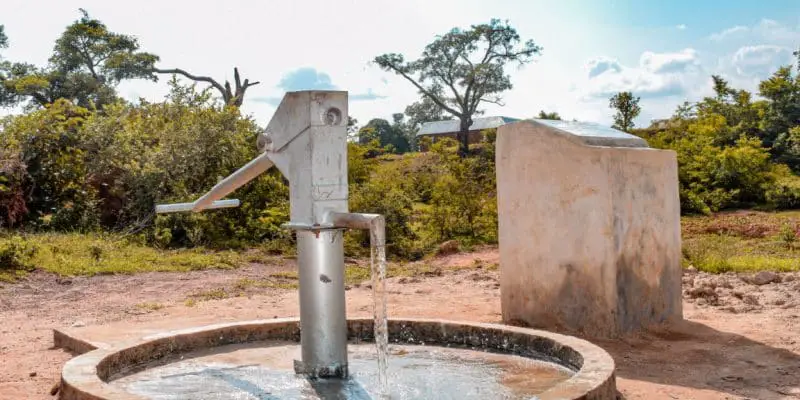Over $124 million to fund the Horn of Africa Regional Groundwater for Resilience Programme is currently being provided to Kenya, by the World Bank in the amount of 15.5 billion Kenyan shillings. It was officially launched in Nairobi, the country’s capital.
Kenya’s Cabinet Secretary for Water, Sanitation, and Irrigation, Alice Wahome, revealed the World Bank funding on February 1st, 2023. The Regional Groundwater for Resilience Programme for the Horn of Africa will use the 15.5 billion Kenyan shillings (more than US $124 million) loan to fund the water projects.
Read also: US$ 50M grant secured for implementation of water project in Plateau state, Nigeria
The project became effective on February 1, 2023. It aims to improve groundwater access. The Regional Groundwater for Resilience Program also looks to encourage sustainable management of this resource.
Through supplying water to surface ecosystems, groundwater makes a big contribution to the stability as well as a variety of aquatic habitats in hydro systems. In addition, it is an important resource for use.
The regional program will enable more than 400 boreholes to be rehabilitated. It will also ease the construction of new boreholes. Additionally, it will improve monitoring systems. It will enhance the capacity of Kenyan experts in groundwater management.
How long will the Regional Groundwater for Resilience Programme be carried out?
The water program will be carried out over a six-year period in Kenya. It is expected to benefit five regions. The areas are identified as arid and semi-arid lands (Asal).
These areas include Garissa, Mandera, Marsabit, Turkana, as well as Wajir.
In order to build climate resilience, groundwater reserves will also be used in Somalia, Ethiopia, South Sudan, Djibouti, and Eritrea as part of the regional groundwater project.
Technology will also be promoted for use in groundwater management. This will be done with the aim of managing water from aquifers more effectively and efficiently.

